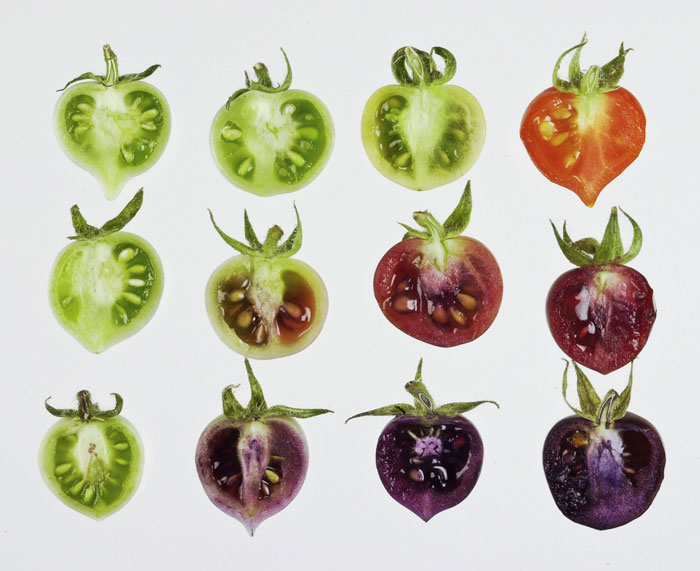Gene edited crops could go on sale in the UK as early as next year despite no clear public support and criticism from environmental campaigners.
The government launched a new bill, the Genetic Technology (Precision Breeding) Bill, in parliament last week, that it said will remove red tape from research into gene editing of crops and, eventually, animals.
Speaking to the i newspaper, Defra minister George Eustice, said the bill is likely to get approval this year.
“There’ll probably be some of these crops that are already available and bred in other parts of the world. So it’s possible that we could have some of these crops that have benefited from gene-edited technologies ready to be deployed during the course of next year,” he told the paper.
The news is the latest step in a push by the English government to deregulate and differentiate gene editing from gene modification, something it has been able to do only since Brexit.
The government and various media outlets maintain that gene editing does not rely on inserting foreign DNA into species, and mimics only what can be done in nature, using this as the basis for it to be deregulated.
Analysis by the watchdog GM Watch suggests that the process of gene editing can create many unintended changes, while civil society group Beyond GM has said there is a “false narrative” that gene editing is different and more natural than GM, which is helping the legislation move forward.
The group has outlined a range of concerns, including the lack of labelling that will be needed on gene edited plants, and the fact it will open the UK to imports of GMO crops from overseas where they are more prevalent, like the US and Australia.
Director Pat Thomas said: “The most significant concerns around this substantial legislative change have to do with all of the evidence that the government is ignoring about the need for transparency, clarity of terms, environmental protection, animal welfare, consumer choice, alignment with our trading partners and respect for devolved nation perspectives and the internal market.”
Proponents also say gene editing will help develop crops that are more ‘climate-ready’, including things like drought or disease resistance.
But there are fears that what is more likely is a rise in crop patents and traits like herbicide-resistance, which suit large-scale intensive farming systems and do nothing to develop organic, agroecological or regenerative farming where chemical inputs are reduced.
Gene edited crops that are already sold elsewhere in the world include vitamin D-enriched tomatoes and a non-browning mushroom said to reduce food waste.
The Soil Association said the Bill is a sign of “a government looking for a silver bullet”, noting that the hoped-for Food Bill was missing in the recent Queen’s Speech while gene editing was included.
The Food Bill had been promised alongside a response to Henry Dimbleby’s commissioned National Food Strategy, and which took a wide range of food issues into account including food poverty, dietary inequality, sustainable farming and farmer livelihoods.
Policy director at the Soil Association, Jo Lewis, said: “We are deeply disappointed to see the government prioritising unpopular technologies rather than focusing on the real issues – unhealthy diets, a lack of crop diversity, farm animal overcrowding, and the steep decline in beneficial insects who can eat pests.
“Instead of trying to change the DNA of highly stressed animals and monoculture crops to make them temporarily immune to disease, we should be investing in solutions that deal with the cause of disease and pests in the first place.
“History has proven that GM only benefits a minority of big businesses with a major rise in controlling crop patents and unwelcome, profitable traits such as herbicide-resistant weeds.”
Gene editing, while supported by scientific advisors to the government and institutions like the James Hutton Institute, seems to have little support or understanding among the public.
Last year, a public consultation found that most individuals (88 per cent) and businesses (64 per cent) supported continuing to regulate gene-edited foods as GMOs.
NGOs were evenly split over the issue, while most academic institutions (58 per cent) supported deregulation.















I’m always caught on this issue, many people who work in farming who i trust and respect are keen for gene editing and think it will play an important part in adaption to climate change and reducing inputs.
However does this solve the root problem? In my opinion, no. I think it could help around the fringes but it’s certainly not the widescale transition to low input organic farming that works in harmony with nature rather than coercing it.
That’s my vision, but is that realistic? There are so many barriers to organic farming (financial/cultural/skills/confidence), maybe it’s too ambitious and actually we should be giving farmers all the tools in the box to tackle climate change and emissions?